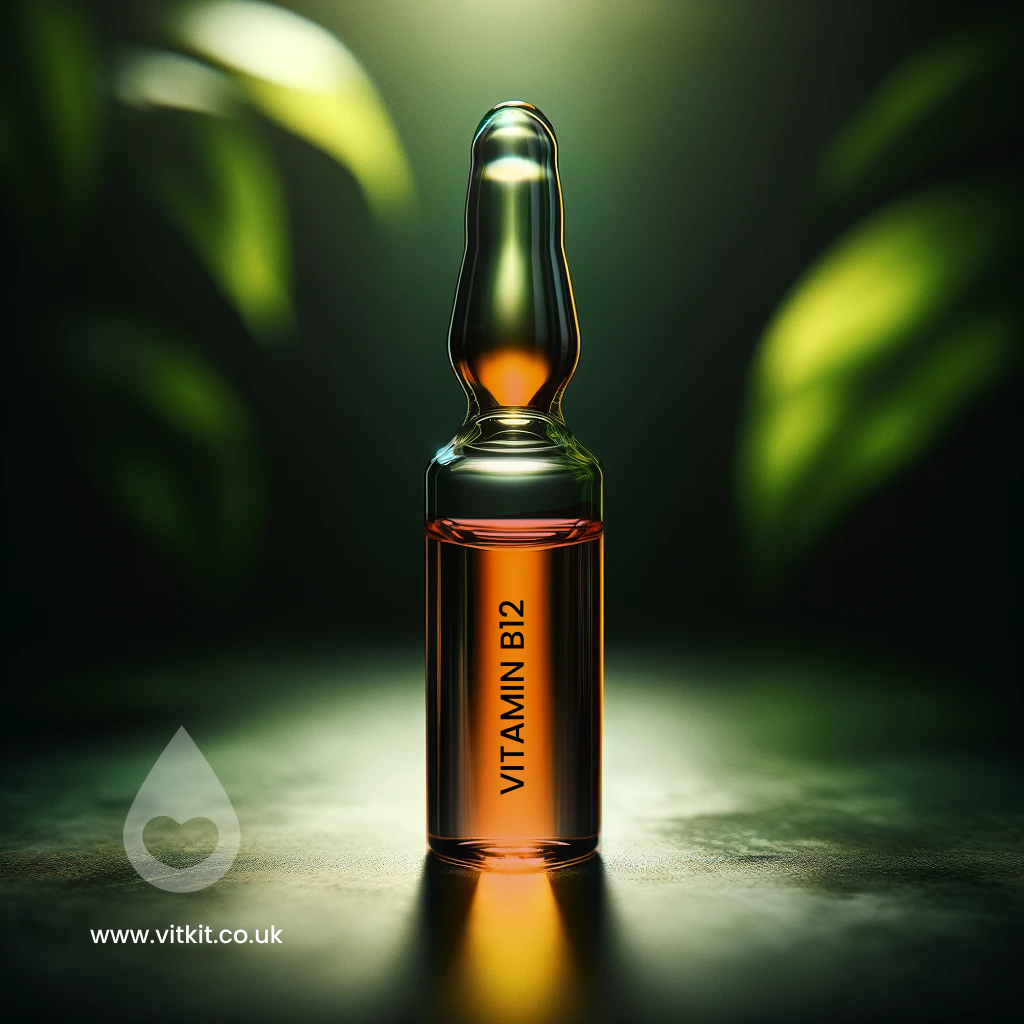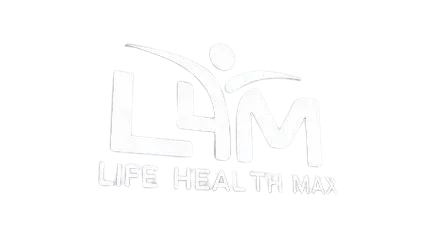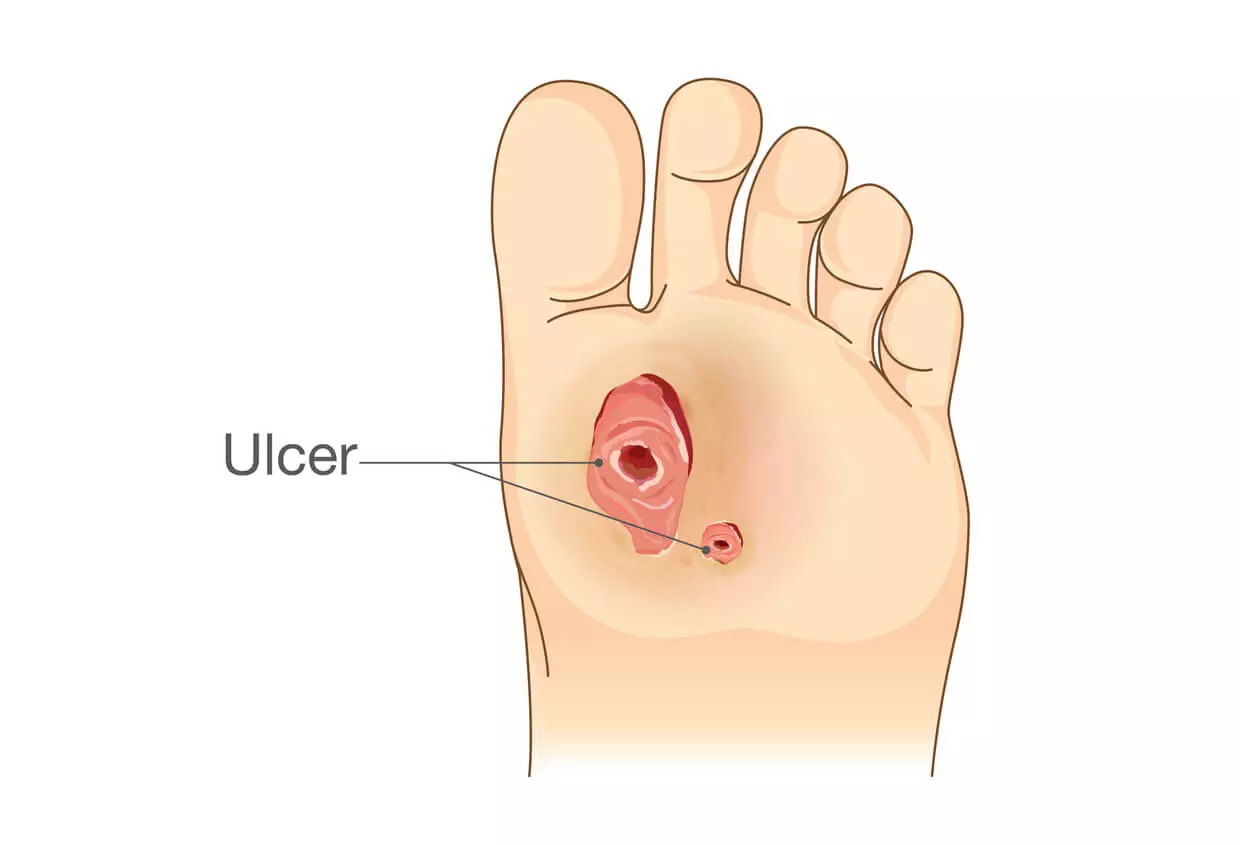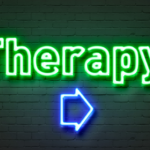Vitamin B12 is an essential nutrient that many people do not get enough of. A deficiency can develop over time, leading to serious health issues if left untreated. This blog post will explore the symptoms, causes, and treatment approaches for a B12 deficiency, including injections.

Contents
Symptoms of Vitamin B12 Deficiency
A deficiency may not cause symptoms for years in some cases. However, signs can include fatigue, weakness, constipation, loss of appetite, weight loss, and neurological problems. Specific neurological symptoms involve numbness and tingling in the hands and feet.
Other potential symptoms are a smooth and glossy tongue, mouth ulcers, low mood, confusion, dementia, and problems with balance. Prolonged deficiency can lead to megaloblastic anemia, which causes pale skin, shortness of breath, and a rapid heartbeat.
Causes of Vitamin B12 Deficiency
Common causes of a B12 deficiency include:
- Problems absorbing B12 from food due to gastrointestinal issues or lack of intrinsic factor
- Strict vegetarian or vegan diets without supplements
- Heavy alcohol use impairing absorption
- Medications like metformin or proton pump inhibitors
- Pernicious anemia, an autoimmune disorder impacting absorption
- Age-related decline in intrinsic factor production after age 50
Certain medical conditions like Crohn’s disease, celiac disease, or gastric bypass surgery can also inhibit absorption from the diet.
Diagnosing Vitamin B12 Deficiency
If a doctor suspects a deficiency, they will run blood tests to measure B12 levels and other markers. A deficiency is diagnosed if levels are below the normal range, typically below 200 pg/mL. Additional tests may check for megaloblastic anemia or nerve damage.
Treatment Options for Vitamin B12 Deficiency
Treatment aims to raise levels through dietary changes and supplements. Options include:
- Dietary sources – Meat, fish, eggs, and dairy for non-vegans/vegetarians
- Oral supplements – Tablets or lozenges taken daily long-term
- Intramuscular injections – Given every few months to bypass absorption issues
- Intranasal gel or spray – Alternative for those unable to swallow tablets
Injections are often necessary for people with pernicious anemia or gastrointestinal disorders. Where can I buy vitamin B12 injections UK? You can obtain them from various sources, including registered pharmacies, online retailers, and platforms like VITKIT. It’s best to consult your doctor first to determine your dosage needs.
Monitoring Treatment Effectiveness
For any treatment approach, it’s important to monitor B12 levels through periodic blood tests. This allows a doctor to track the therapy’s effectiveness and determine if any adjustments are needed. Proper monitoring also prevents potential toxicity from developing due to excessively high levels over time.
Conclusion
A vitamin B12 deficiency can seriously impact one’s health if left untreated for too long. Being aware of symptoms, risk factors, and treatment options is key. Injections provide an effective solution for absorbing B12 when oral supplements are not an option due to gastrointestinal or absorption issues. With proper treatment and monitoring, a deficiency can usually be safely corrected.

Carl Clay is a health blog author who has been writing about nutrition, fitness and healthy living for over 10 years. He also loves to run, hike and bike with her wife.












